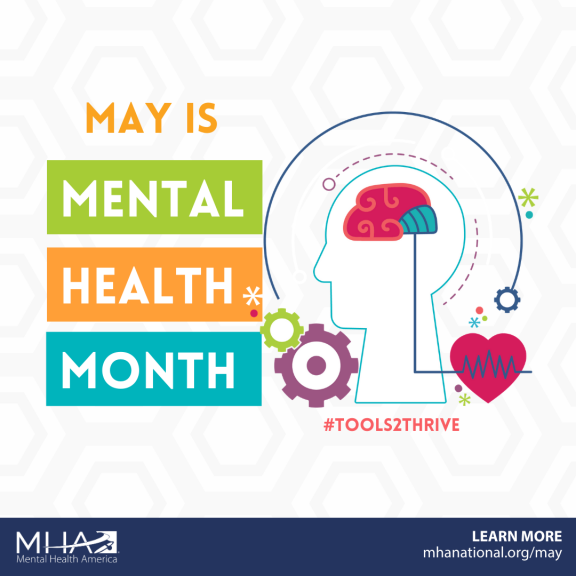May is Mental Health Awareness Month, signaling that there's no better time to strengthen our mental health and improve our emotional resiliency, particularly after such a stressful and exhausting pandemic year.
It’s undeniable that COVID-19 has had a significant impact on the mental health of people of all ages: Before the pandemic, the National Association of Mental Illness (NAMI) estimated that 1 in 5 adults experience mental illness each year, and 1 in 6 U.S. youth aged 6 to 17 experience a mental disorder each year. During the height of the pandemic in June 2020, the CDC estimated even higher rates of mental illness, with nearly 40% of adults struggling with mental health or substance abuse.
It is essential to reduce the stigma around mental health struggles so that more people will seek help. I’m grateful that Vanderbilt’s Work/Life Connections-Employee Assistance Program offers an array of psychological support services to full-time and part-time employees and their spouses. Other sources of help and education include the NAMI’s You Are Not Alone campaign, and the Mental Health America Tools 2 Thrive toolkit offering practice resources to improve mental health.
I also encourage everyone to read about a new family-facing Well Moment behavioral health webinar and share with their friends, family and professional connections.
